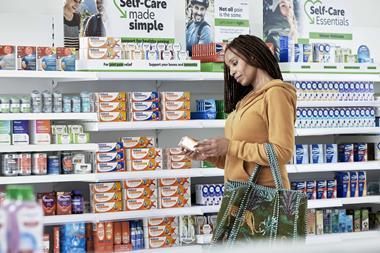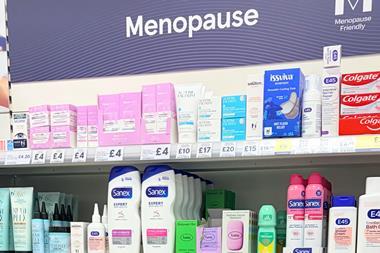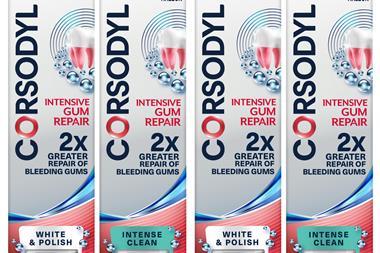If there is one category that sums up organic's switch from niche market to mainstream, it is babyfood. This year's OC&C/Grocer 150 index shows 22.5% of the combined value of the babyfood and formula market is organic, while more than 50% of the babyfood sub-sector is organic. If those babies can be persuaded to stick with organic as they grow, it would present enormous opportunities for food manufacturers. The boom has come about in part because parents are making healthier choices for their children, but also because parents' own lifestyles are changing. "Lots of adult food, such as pizzas and takeaways, simply can't be pureed," says Jane Mayall, marketing manager at Hipp, the UK's leading organic babyfood brand, with sales of £28.2m. "If they're not having traditional home-cooked food, parents either have to cook a special meal for babies or take the easier option of buying a ready-made product." While parents have always wanted the best start for their children, good intentions often falter after a few years as children grow older. However, that could be about to change. "The success of organic in babyfood is a sign that parents do care about food choices for children," says Luke Jensen, head of consumer and retail at OC&C Strategy Consultants. "Despite this, they have been happy in the past to switch to junk food when babies become toddlers. We believe this is in the process of a radical change, which will create opportunities for suppliers who come up with the right products." Babyfood companies are extending their ranges to encourage mums to stay with the brand as their children grow, with the aim of driving future growth. The overall organic market is already predicted to reach £2bn in the UK by 2010, which would be an increase of nearly 15% since 2000. This is a tactic employed by babyfood company Plum, which recently expanded into an older arena with a range of meals for babies aged seven months and older. The recipes have been created to have a chewy texture and more adult flavours, such as carrot, lentil & Cheddar, and French beans with beef & apple. MD Susie Willis says she wants to develop organic food for growing children and could even launch a range for children aged up to six. Hipp, which mostly caters for babies aged four to six months, but stretches to 15 months, is also looking to expand. But there are challenges in capturing the slightly older market, particularly around pricing, says Mayall. "We hope to extend the age range further, but you have to go slowly. Mums search out organic less as children grow more robust and they might be tempted to accept a lower-quality product, particularly as money is often an issue with a second baby coming." But for parents who stick with organic, the improved quality of babyfood will play a major part in persuading children that healthy food can be tasty. "Babies are now being exposed to a greater variety of ingredients that taste like adult food, so they are more likely to stick with these tastes as they grow up," says nutrition strategy consultant Stephanie French. There are positive signs from school children. "Organic, recycling, fair trade and farming are all school topics," says Benn Cull, marketing director at Yeo Valley Organic. "Kids are coming home from school talking about the connection between retailing and health. Peer pressure is a big driver and it's making families think about their purchases." There is clearly an appetite for an organic generation; it's now up to producers to meet the demand.
Close menu
- Home
- Retail & Wholesale
-
Products & Suppliers
- Back to parent navigation item
- Products & Suppliers
-
Product Categories:
- Back to parent navigation item
- Product Categories:
- Alcoholic drinks
- Bakery
- Cereals & breakfast
- Cheese
- Chicken & poultry
- Chocolate
- Confectionery
- Crisps, nuts & snacks
- Dairy
- Fish
- Fresh produce
- Frozen
- Household
- Meat
- Own Label
- Sauces & condiments
- Seasonal
- Soft drinks
- Vaping
- Vegan & plant-based
- World foods
- Suppliers
- People
- Reports & Data
-
Topics A-Z
- Back to parent navigation item
- Topics A-Z
-
Popular topics:
- Back to parent navigation item
- Popular topics:
- Cost of living crisis
- Crime
- Deposit Return Schemes
- Finance
- Government & Regulation
- Health
- Inflation
- Loyalty
- Marketing
- Mergers & Acquisitions
- New Product Development
- Sourcing
- Supply chain
- Sustainability & environment
- Technology
- Ultra Processed Foods
- Vaping
- A-Z all topics
- Content by type:
- Events
- Ask iA (beta)
- Subscribe now
Sign in to comment on this article
Not logged in before? Register for FREE guest access today.
You will be able to:
- Read more stories
- Receive daily newsletters
- Comment on stories
Advert

















No comments yet